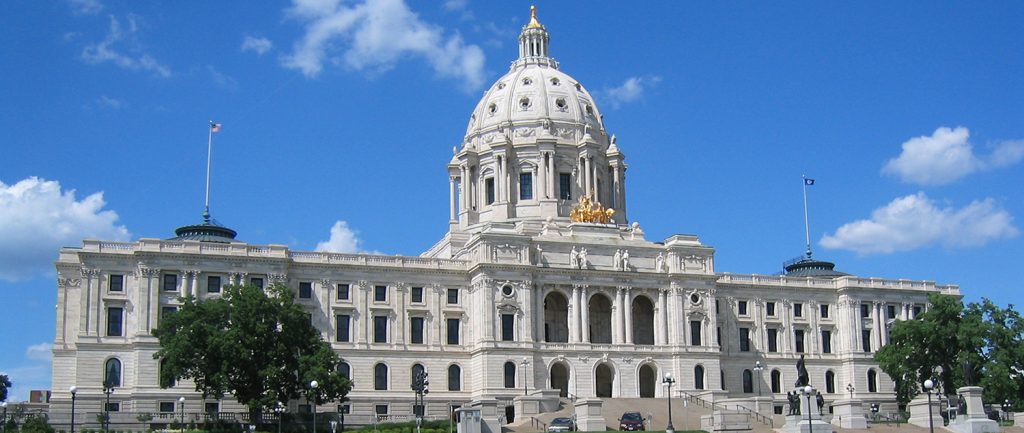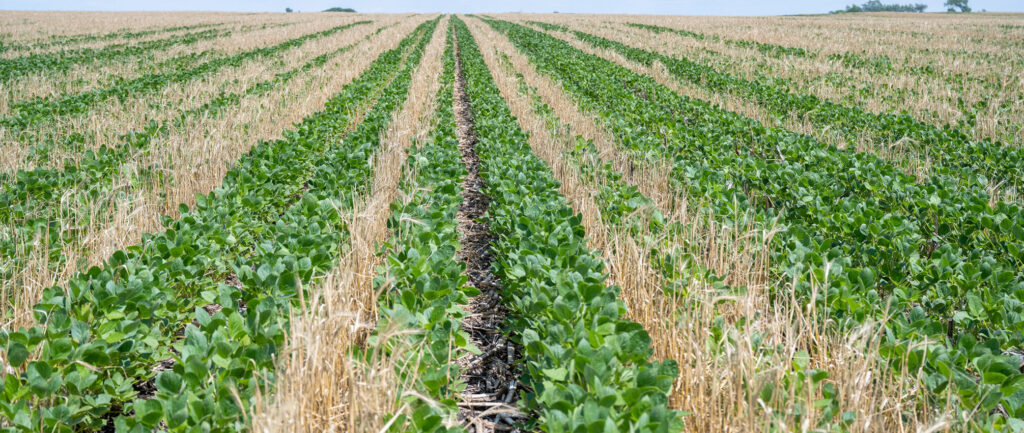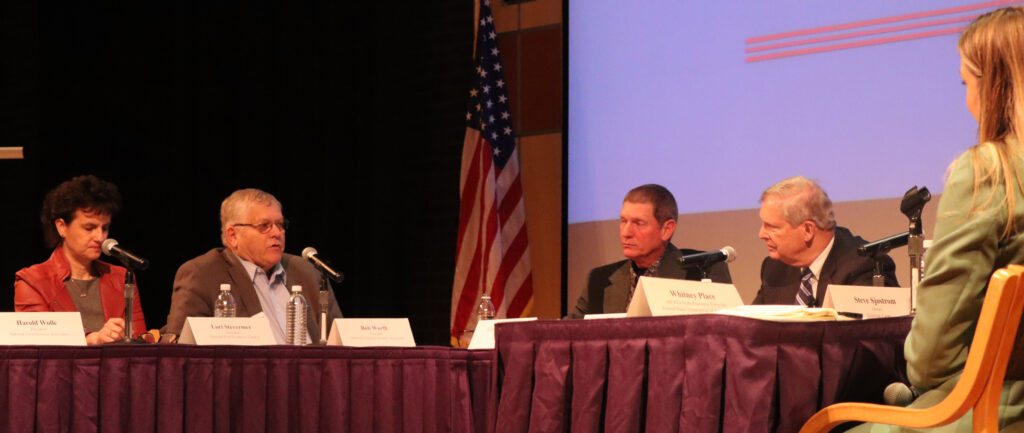A group of Minnesota soybean farmers attended Commodity Classic last week in Orlando, Fla., representing the state at the American Soybean Association (ASA) Voting Delegate Session.

Commodity Classic is America’s largest farmer-led, farmer-focused educational and agricultural experience, produced by soybean, corn, wheat and sorghum farmers.
“A large part of our responsibility at Commodity Classic revolves around our governmental duties,” says Jamie Beyer, a Wheaton, Minn., farmer and vice president of the Minnesota Soybean Growers Association (MSGA). “This meeting allows farmers from across the nation to come together to discuss federal issues, ultimately creating our resolution document, which serves as a guideline during the legislative session.”
Minnesota was represented by 21 farmers, with 153 total voting delegate farmers from across the nation. Trade and the 2018 Farm Bill implementation were hot topics, but voting delegates also focused on health care and improving domestic infrastructure.
“Commodity Classic allows soybean, corn, wheat and sorghum farmers from around the nation to come together in one place,” Beyer says. “As farmers, we need to network. We need to know what is coming down the pipeline in each industry. These jam-packed few days also allows us to meet with industry to see how we can work together. All of this is critical as MSGA works to improve the profitability of farm families.”
With the second highest attendance record, nearly 9,000 attendees spent the three days listening to educational sessions, walking the trade show floor and listening to high ranking speakers, including the U.S. Department of Agriculture (USDA) Secretary Sonny Perdue and Under Secretary of Agriculture for Trade and Foreign Agricultural Affairs Ted McKinney.

“I believe we will wake up one day and say, ‘What we did was just and we are better off now than we were before,'” McKinney told the ASA voting delegates.
Much of McKinney’s remarks focused on market expansion and the Agricultural Trade Promotion (ATP) grant dollars.
“This doesn’t mean we walk away from China, heavens no,” said McKinney in response to a question regarding the grant dollars available for opening new markets. “But I think we are working equally as hard in other countries to spread our risk.”
Minnesota farmers were also present at various national annual meetings, including the United States Soybean Export Council (USSEC), Soy Transportation Coalition and the U.S.A Poultry and Egg Export Council (UAPPEC) membership breakfast.
MSGA Executive Director Joe Smentek says the work of these farmer leaders could not be done without membership.
“Being a member of MSGA allows us to not only have a voice in St. Paul, but also Washington, D.C.,” Smentek says. “Coming together to set our resolutions is key, but having the ability to work directly on these issues relies heavily on our membership. Because soybean checkoff dollars cannot be used for legislative activities, investing in MSGA ensures Minnesota soybean farmers have a voice in decisions that affect their ability to farm.”
The farmers who represented Minnesota at the delegate session included:
- Bob Nelsen
- Ron Bunjer
- Kurt Krueger
- George Goblish
- Lawrence Sukalski
- Michael Petefish
- Jeff Sorenson
- Ben Storm
- Paul Freeman
- Rochelle Krusemark
- Chris Hill
- Doug Toreen
- Mark Brown
- Darin Johnson
- Joel Schreurs
- Ron Obermoller
- Jim Kukowski
- Keith Schrader
- Bob Worth
- Jamie Beyer
- Bill Zurn






